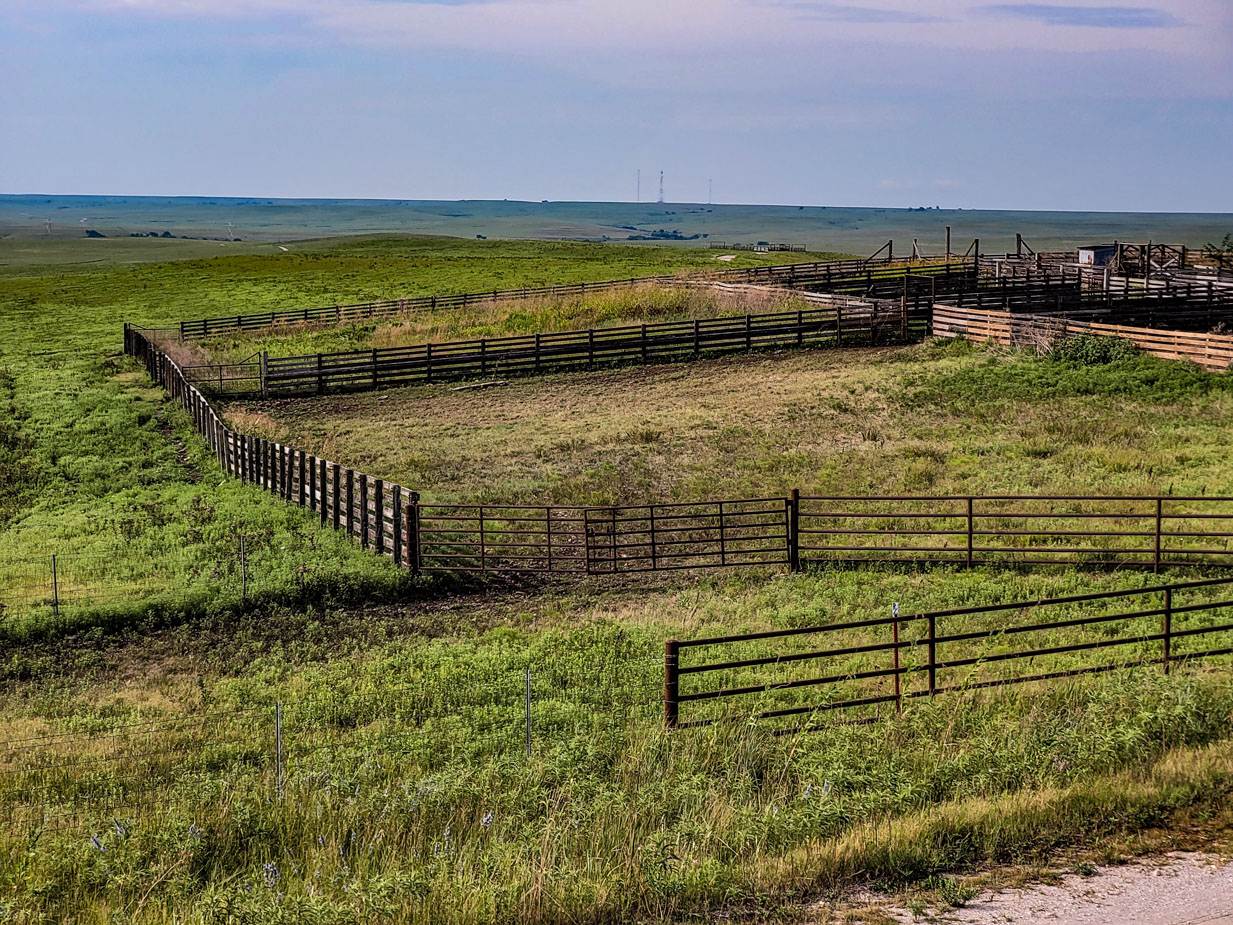

 ©LaBelleLife.com
©LaBelleLife.com
Chapter 16:9-12 (ESV) - “You shall count seven weeks. Begin to count the seven weeks from the time the sickle is first put to the standing grain. Then you shall keep the Feast of Weeks to the LORD your God with the tribute of a freewill offering from your hand, which you shall give as the LORD your God blesses you. And you shall rejoice before the LORD your God, you and your son and your daughter, your male servant and your female servant, the Levite who is within your towns, the sojourner, the fatherless, and the widow who are among you, at the place that the LORD your God will choose, to make his name dwell there. You shall remember that you were a slave in Egypt; and you shall be careful to observe these statutes.
Question to consider: What do we call the Feast of Weeks in the church?
In yesterday’s passage Moses proclaimed that the Passover should be celebrated at the start of Spring which coincided with the new life Israel received in being set free from Egyptian slavery. It was also considered a blessing because God did not make them flee in the middle of winter. While temperatures aren’t hazardously low like in other parts of the world, winter is the rainy season where nearly 70% of the annual rainfall occurs which would have made travel difficult with such a large group of people. Interestingly enough, Jesus would tell the disciples, “Pray that your flight may not be in winter or on a Sabbath,” (Matthew 24:21) in regard to the judgment against Jerusalem thousands of years later.
Moses defined the start of the Spring according to the time the sickle was first put to the standing grain— the winter harvest. From this point, they counted seven weeks until the Feast of Weeks (the Hebrew word for weeks is Shavuot). This feast was also called the Harvest Festival (Chag HaKatzir), Day of First Fruits (Yom Habikkurim) or Pentecost (a Greek word meaning fiftieth since it took place on the fiftieth day after Passover). Not only was it celebrated with a first fruits offering from the Spring harvest, but it was then that they celebrated the giving of the Law (Zeman Matan Torahteinu).
While this feast is still celebrated by the Jews, the fulfillment of this celebration happened after the Ascension of Christ when the disciples were gathered in Jerusalem and received the Holy Spirit in Acts 2:1-11. It is only fitting that the church was born on this day since Jews would have been gathered in Jerusalem from all over the Roman world, and they served as the first fruits of the church. In tomorrow’s study, we’ll go through the final one of these pilgrimage festivals and its fulfillment in scripture.
Dear Lord, thank You for sending the Holy Spirit at Pentecost that the world may be convicted of sin and that those who belong to You may walk in newness of life. Amen.